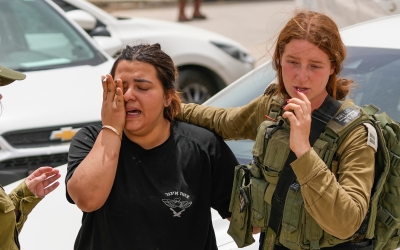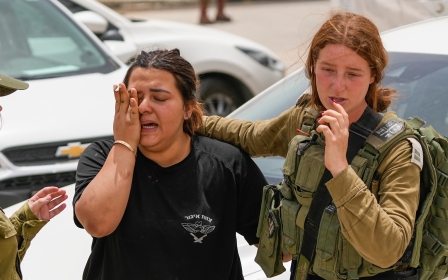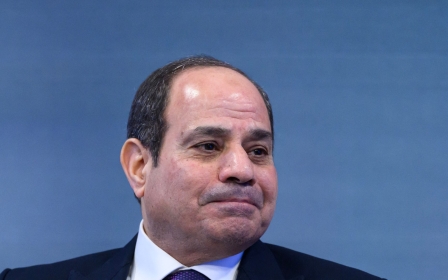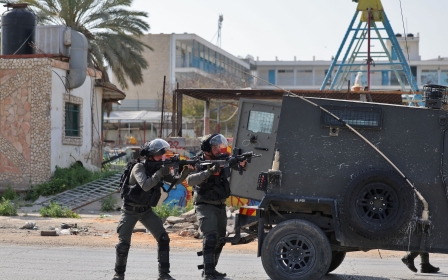Egypt: Body of officer who killed three Israeli soldiers returned to Cairo
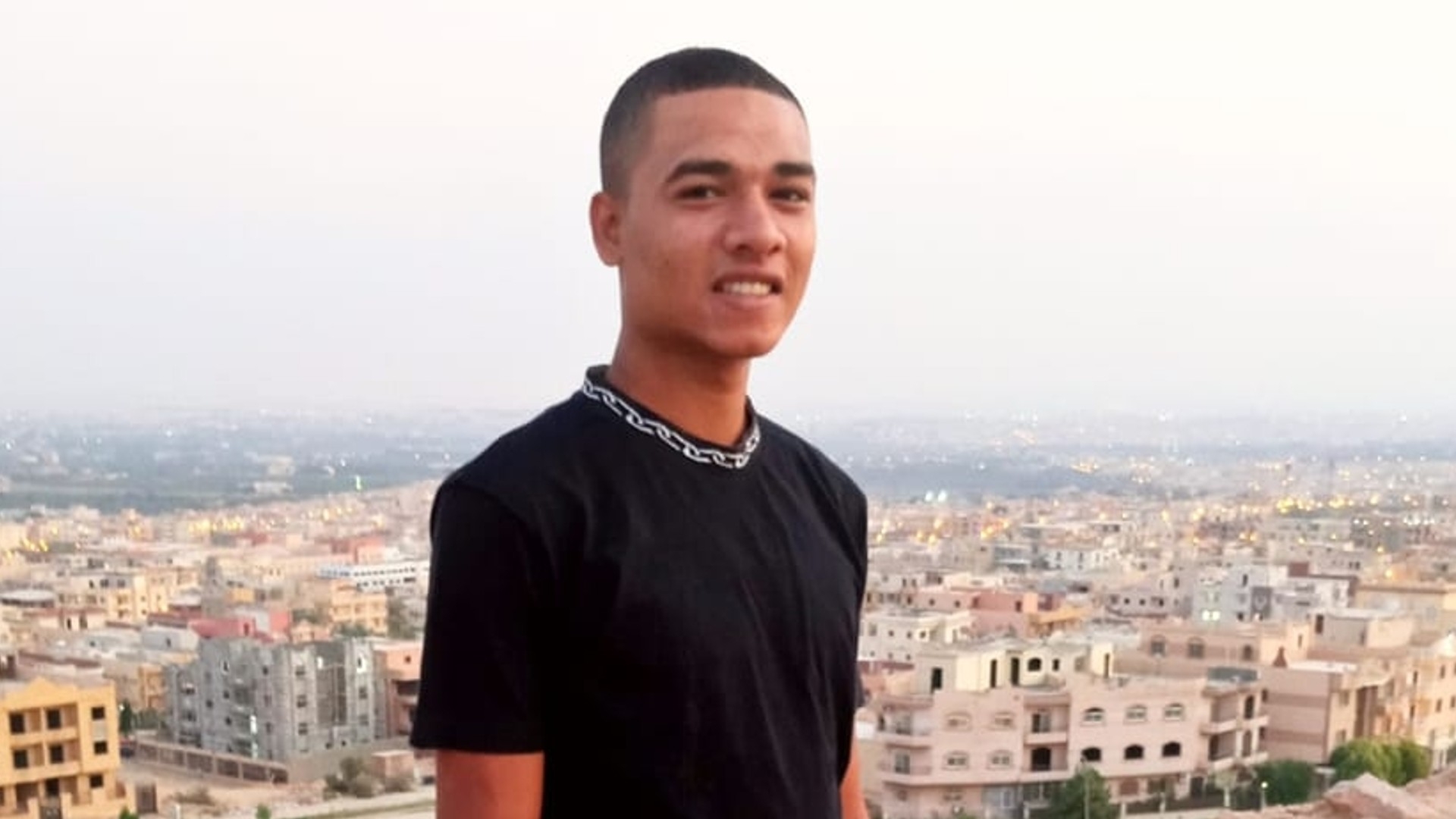
Israel has handed over to Egypt the remains of an Egyptian security officer who killed three Israeli soldiers and wounded two others in a rare exchange of fire on the border between the two countries, according to Israeli media reports.
The actions of Mohamed Salah, a 23-year-old Egyptian police conscript who was later gunned down by Israeli forces, caught authorities on both sides of the border by surprise, with the precise details of Saturday’s incident still unclear, and conflicting narratives being disseminated in both Israel and Egypt.
An Egyptian army spokesman had said on the day of the incident that Salah was chasing drug smugglers when he crossed the border fence into Israel and was caught in an exchange of fire with the Israeli soldiers.
Israel, however, provided a different account. The Israeli military said that the Egyptian officer had snuck into Israeli territory, killed two border guards, and then hid for hours until a border patrol force arrived. He then opened fire on the members of the force, killing a third soldier and wounding two others.
The incident is unusual in that the border between Egypt and Israel is typically quiet, and details of Salah’s motives are still unclear.
New MEE newsletter: Jerusalem Dispatch
Sign up to get the latest insights and analysis on Israel-Palestine, alongside Turkey Unpacked and other MEE newsletters
Egyptian and Israeli investigators are busy conducting an inquiry into the event and the two sides have reportedly agreed to increase surveillance cameras on the border to prevent a repeat.
According to Egyptian media reports, Salah, who was conscripted in June 2022, had been disgruntled with police life, and had to be convinced by family members and friends to return to his unit in Sinai after staying away for almost three weeks in May.
Anger over alleged killing
An unnamed friend told an Egyptian media outlet that Salah was also angry after the killing of a colleague on the border with Israel, and that the incident may have led to Salah wanting revenge.
“Nobody had ever mentioned him,” the friend quoted Salah as saying. The incident that Salah was apparently referring to is unclear, with no reports of an Egyptian soldier killed on the border during Salah’s conscription period.
"If an Egyptian is killed on the border, nobody cares about him," Salah allegedly said.
Egyptian media reports also said that Salah was from a poor family from the lower-middle class eastern Cairo neighbourhood of Ain Shams, but there is little other information about him.
Attempts by Middle East Eye to contact Salah's relatives have been unsuccessful, with Egyptian media reporting that local authorities have conducted investigations with his family members.
Border treaty
Egypt and Israel have generally had friendly ties, at least at the official level, since the two former foes signed a peace treaty in 1979, which led to the withdrawal of Israeli occupying forces in Sinai.
The Israelis captured the peninsula in 1967, with a final withdrawal in 1982.
The 1979 peace treaty divided Sinai into three zones with varying levels of demilitarisation, including Zone C along Egypt's shared border with Israel, where Egypt is only allowed to deploy civilian police, and not its military.
The treaty opened the door for border security coordination between the two countries, something that increased sharply following the 2011 downfall of Egyptian autocrat Hosni Mubarak, an event that was accompanied by turmoil in Sinai, including through increased activity by armed groups in the mainly desert peninsula, which also shares borders with the Palestinian Gaza Strip.
According to comments made by Egyptian President Abdel Fattah el-Sisi, Israel approved a request by the Egyptian army to deploy more troops and equipment along the shared border, something that was instrumental in Egypt's success in keeping the lid on militancy in Sinai, mainly led by a branch of the Islamic State group.
There are now questions as to how the incident will affect Egyptian-Israeli relations and border security, and whether this is merely an isolated incident, or the start of a wider trend.
In Egypt itself there were mixed reactions to the attack, with thousands of football fans pointedly chanting in support of Palestine on Sunday during a continental match between an Egyptian and Moroccan team.
However, other Egyptians have warned about the consequences of the incident, with Egypt already facing an ongoing economic crisis.
Middle East Eye delivers independent and unrivalled coverage and analysis of the Middle East, North Africa and beyond. To learn more about republishing this content and the associated fees, please fill out this form. More about MEE can be found here.


